
Each week, Ballotpedia's election experts unpack the week's top political stories. Ballotpedia's here to give you the facts, so you can form your own opinion.
On this episode: Alaska’s history with ballot measures stretches back before statehood and has produced some of the country’s most distinctive political experiments. In 1956, voters approved the “Tennessee Plan,” electing shadow representatives to lobby for statehood. In the 1970s, Alaskans twice approved relocating their capital out of Juneau—only to reject billion-dollar funding proposals that kept the government in place. And the Alaska Permanent Fund, established by voters in 1976, grew into an $80 billion investment fund that continues to pay annual dividends to residents.
Ryan Byrne, Ballotpedia’s managing editor for ballot measures, joins Geoff Pallay to discuss these milestones along with Alaska’s recurring debates over its relationship with the federal government, the rise of ranked-choice voting, and the measures already slated for 2026—including campaign finance limits, psychedelic decriminalization, and another potential repeal of ranked-choice voting. Together, they highlight how Alaska’s ballot measures reflect the state’s independent political identity and its lasting impact on national reform debates.
Learn more about Alaska:
Explore Ballotpedia’s monthly series on 200 years of ballot measures:
- Crash courses by state start here: Historical Ballot Measure Factbooks
RECENT EPISODES

To mark our 200th episode, Ballotpedia Founder and CEO Leslie Graves joins Host Norm Leahy for the debut of our new monthly series Office Hours. Leslie outlines her ambitious vision to cover all 520,000 elected offices in the U.S. by 2034, explains the mission behind Ballotpedia’s Candidate Connection survey, and makes the case for why voters deserve “robust information” at every level of the ballot.
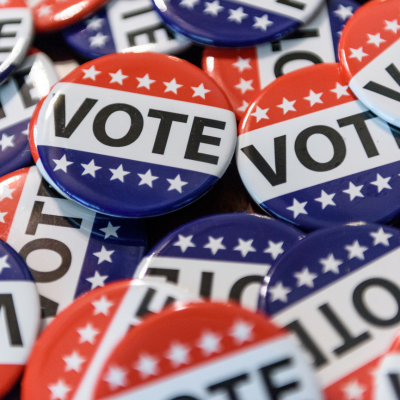
Political analyst Miles Coleman from the University of Virginia’s Center for Politics and Sabato’s Crystal Ball breaks down the results of this November’s elections, from Virginia and New Jersey to major ballot measures across the country. He explains why polling missed the mark in some races, what surprised him most about the results, and how redistricting in California and Virginia could reshape congressional control heading into 2026.
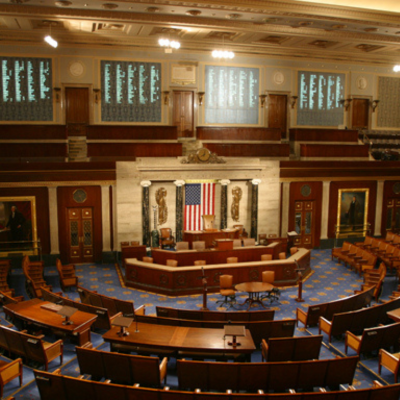
Erin Covey — Editor of U.S. House coverage at the Cook Political Report with Amy Walter — explains the political strategies at play and the legal uncertainties that surround them, as states move to redraw their congressional maps ahead of the 2026 midterms.

California voters decided on November 5th to approve a ballot measure that would amend the state’s constitution to temporarily suspend the state’s independent redistricting commission and replace its maps with new, partisan-drawn districts. Maya C. Miller of CalMatters joins the show to explain everything you need to know.
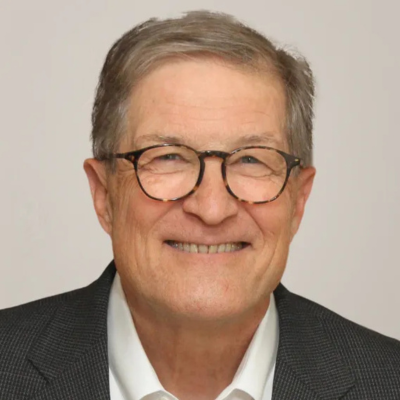
The Fed has been at the center of America’s biggest economic turning points for more than a century as one of the country’s most powerful institutions. Former Richmond Fed President Jeffrey Lacker joins host Norm Leahy to trace that story—from the banking panics that led to its creation in 1913 to JP Morgan’s role in corralling Wall Street leaders.

Texas Tribune reporter Eleanor Klibanoff and independent election analyst Nathaniel Rakich break down how Texas began their redistricting journey that ultimately led to six states and counting drawing new congressional maps ahead of the 2026 midterms.
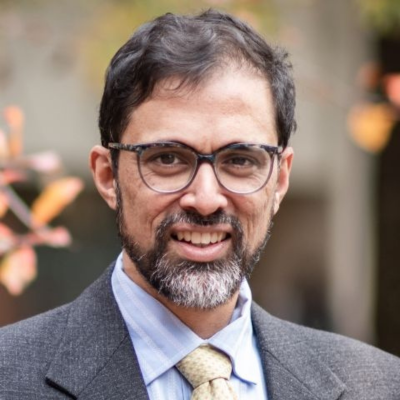
Constitutional scholar Sai Prakash explores the origins, evolution, and modern realities of presidential power. Drawing on historical debates from the Constitutional Convention, Prakash outlines how early framers envisioned a limited executive—primarily tasked with enforcing laws—and how that vision has shifted over time.
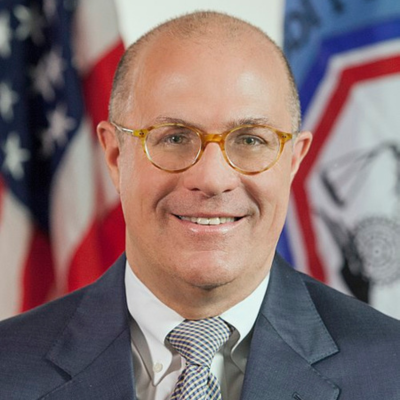
Cryptocurrency has evolved from a niche experiment into a disruptive force with global implications—and U.S. financial institutions, lawmakers, and regulators are working to establish clear crypto-related policy. In this interview with former CFTC Chairman Chris Giancarlo, we unpack the state of crypto policy in 2025: The political realignment around digital assets, the rapid growth of stablecoins, the future of tokenized securities, and the debate over whether the U.S. should adopt a central bank digital currency or establish a strategic Bitcoin reserve.






